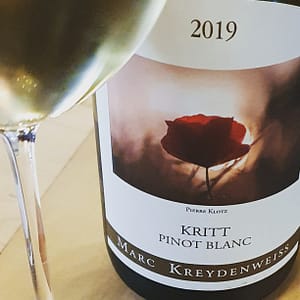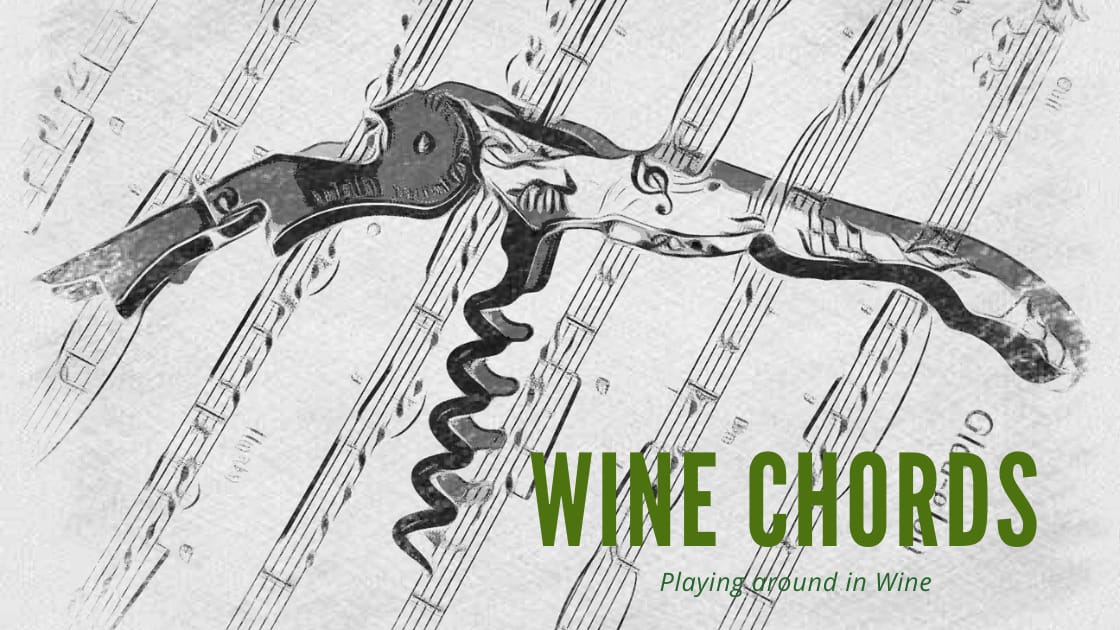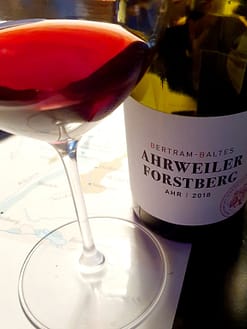Last Monday our local wine club tasted German pinot noirs. The tasting was hosted by Erlend Egeberg Aasland, a musician who tours quite a lot in Germany. For the tasting Erlend had selected personal favourites and other interesting wines.
Pinot noir has a long history in Germany under the name Spätburgunder. Today it is widely planted across the country in reaction to the effects of climate change. The tasting showed a generally high level. And for those seeking an alternative to Burgundy, the wines surely offered something, although they are not necessarily much cheaper. The aged wines were maturing well. I found no bad wines among the 12. It is just a question of style; for instance I found a few wines wines too heavily oaked or extracted. Here are four of the best:
Ahrweiler Forstberg 2018 (Bertram-Baltes)
For me this was the big revelation of the tasting, and I must taste the other wines on the market. Julia Bertram is a huge fan of the spätburgunder grape and practises organic farming, spontaneous fermentation, minimal sulphur additions and no filtering. Together with her husband Benedikt Baltes she now owns 7 hectares in Dernau, Ahr. The Forstberg is a south/southwest-oriented vineyard on soils of greywacke and sandstone. The grapes were partly destemmed and fermented in large used oak.
This wine was amazingly expressive; garnet colour, a bit reductive at first, then giving way to raspberries, cranberries, herbs/cloves and a hint of smoke. In the mouth it’s highly energetic, with a delicate juiciness, integrated acidity and some structure. Long and fruity finish. Seductive and elegant.
Köningsbecher 2010 (Weingut Heitlinger)
Heitlinger is one of our host’s personal favourite producers. They cultivate their vineyards organically with biodynamic practises. I have enjoyed their delicious economic pinot at several occasions. This one is a more serious grosses gewächs from the south face of the Kraichgau hills, on limestone-rich sedimentary soils.
Light red with shades of brown. Mature red berries, autumn leaves and some dried fruits. Full-bodied with good structure and concentration, some bitterness in the finish. It’s lovely at the moment, maybe at its peak. I would not cellar it.
Wallufer Walkenberg Spätburgunder Spätlese Trocken 2013 (J.B. Becker)
Rheingau is a riesling bastion with a long tradition for long and winding wine names. Mineral fertilizers and herbicides are never used at J.B. Becker, and the company has carried organic certification since 2008. Hans-Josef Becker, who is currently in charge, believes in long maturations and says, ‘time is the best filter’.
Clear red with a somewhat developed rim. Mature red fruits (cherry), mushroom, a bit earthy. Full-bodied, structured with good acidity and concentrated fruit.
Weiler Spätburgunder 2019 (Weing. Claus Schneider)
This wine originates from southfaced limestone vineyards in Weil, Baden. The grapes were handpicked and spontaneously fermented, and the wine aged for 18 months in big oak barrels.
Ruby red. Red fruits (raspberry, cherry), some smoke and earth. Full-bodied, fresh and juicy in the mouth, tasty, with some carbonics and a touch wood (pun intended). Due to the oak and the concentration of flavours this is for me a wine for medium term ageing.















